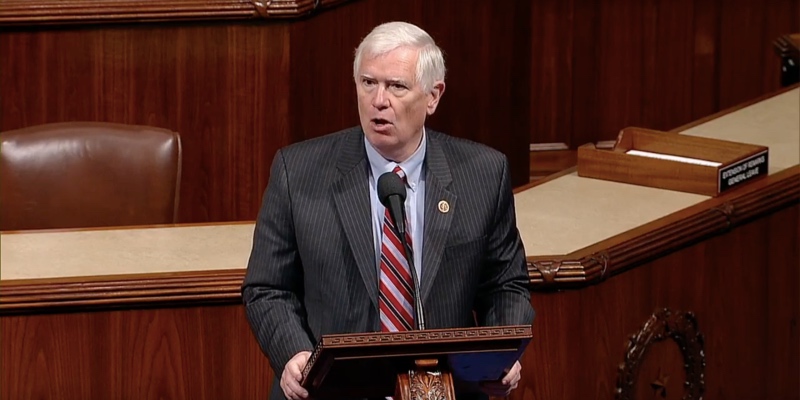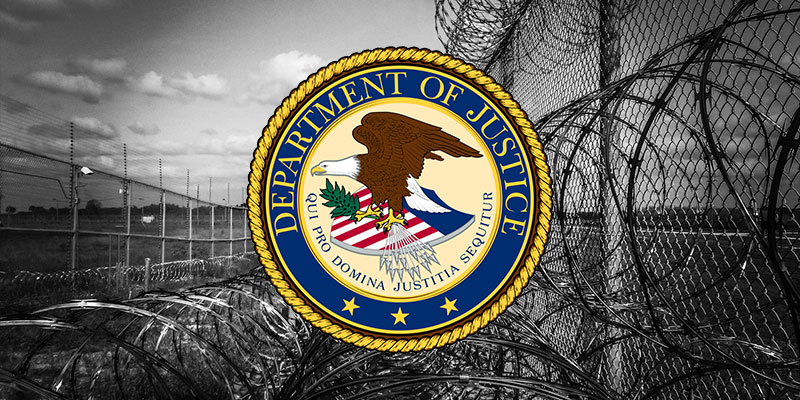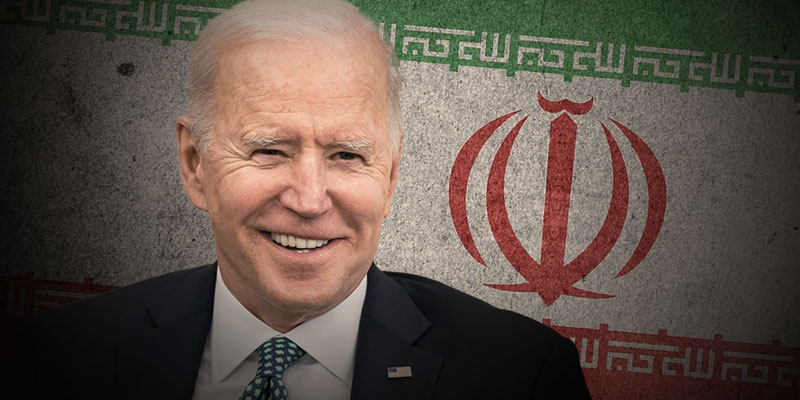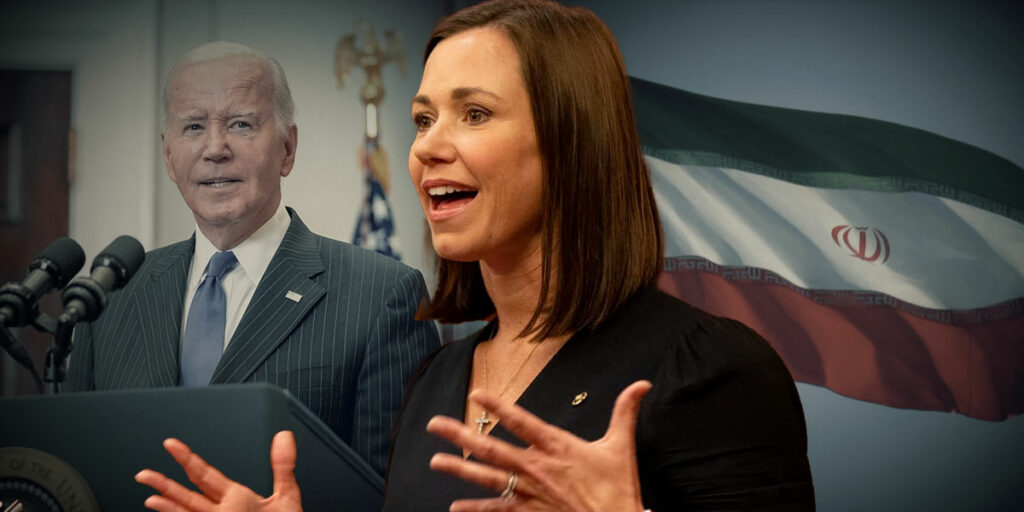Representative Mo Brooks (R-Huntsville) took to the House Floor Thursday and delivered a speech urging America to avoid taking militant action against Iran after the Persian Gulf tanker attacks.
Instead of American intervention, Brooks suggested that countries with interests in Persian Gulf oil or the attacked tankers should defend Persian Gulf shipping lanes with caution and on their own dime.
“[R]ecent Persian Gulf area tanker attacks do not, I repeat, do not, justify a unilateral American military action against Iran,” Brooks stated as he opened his speech.
“On May 12, 2019, two Saudi Arabian tankers, a United Arab Emirates tanker, and a Norwegian tanker were attacked,” he continued. “According to a Saudi Arabia, United Arab Emirates, and Norway joint report, explosions caused all four vessels to suffer hull breaches.”
America must stop being the world’s policeman on every corner of the planet. I gave a House Floor speech this morning urging against unilateral American military action in response to the Persian Gulf tanker attacks. pic.twitter.com/ltlQM0DZlz
— Mo Brooks (@RepMoBrooks) June 20, 2019
Brooks then went on to read from the report.
“The report states, ‘Limpet mines [were] highly likely placed by divers below or at the waterline’ and the ‘placement of the mines [was] consistent with intention to disable the mobility, but not physically destroy, each vessel,’” Brooks said.“The report concludes that, ‘These sophisticated attacks were most likely carried out by a state actor.’ For emphasis, the report does not accuse anyone of conducting the attacks.”
He added, “On June 13, 2019, a Japanese tanker and a Norwegian tanker were attacked with explosive devices that caused considerable fire and hull damage to both tankers.”
Additional comments made by Brooks are as follows:
Who is responsible for these two tanker attacks?
There is international disagreement.
America and the United Kingdom blame Iran.
Iran denies responsibility.
Other nations offer no opinion and caution against a rush to judgment.
Perhaps more evidence will persuade the international community that Iran orchestrated these tanker attacks. Perhaps not.
Regardless of blame, there are other factors to consider.
For example, what is America’s national security interest in these six attacked tankers?
Not a single attacked tanker is owned by Americans. Rather, they were owned by Saudi Arabia, Norway, the United Arab Emirates and Japan.
Not a single attacked tanker involved oil produced in America. Rather, all six tankers were shipping Saudi Arabia or United Arab Emirates oil.
Neither of the two tankers loaded with cargo was bound for the United States.
Hence, the United States has no national security interest in the six attacked tankers sufficient to trigger an American retaliatory military action against Iran.
There are, however, other nations that do have a national security interest in these tanker attacks.
Japan and South Korea import roughly 80% of their oil from the Persian Gulf.
India imports roughly 60% of its oil from the Persian Gulf.
China imports roughly 50% of its oil from the Persian Gulf.
Western Europe imports almost 20% of its oil from the Persian Gulf.
Hence, Japan, South Korea, China, India and Western Europe all have a national security interest in keeping Persian Gulf oil shipping lanes open and are justified in using military force to defend those shipping lanes at their own risk and at their own cost.
Similarly, Saudi Arabia, Iraq, Kuwait, Bahrain, Qatar, and United Arab Emirates all have a national security interest in keeping Persian Gulf shipping lanes open to transport the oil they produce and sell.
Hence, each of these countries is justified in using military force to defend their shipping lanes at their own risk and at their own cost.
Clearly, then, other nations have a far greater national security interest in Persian Gulf oil and shipping lanes than does the United States. As such, these nations should be primarily responsible for using military force as is necessary to protect their national security interests.
Madam Speaker, America must stop being the world’s policeman on every corner of the planet.
America must stop burning through our treasury and risking our American lives when we have no compelling national security interest in a dispute.
This is particularly true when those nations that do have a national security interest don’t care enough about their own national security interests to protect them.
While America can and should help our allies, it is equally important that America’s allies build up their own defense capabilities, protect their own national security interests, and shoulder their own share of military burdens.
If countries with a national security interest in Persian Gulf shipping lanes act as a unified force to protect them, and if they ask for America’s assistance, America should then, and only then, consider military assistance but, unless that happens, this is not America’s fight.
Of course, should Iran attack Americans or their property, or should Iran attack and kill any of our allies’ citizens, an entirely different set of considerations come into play. And, Iran it will not like America’s response to those kinds of attacks.
Madam Speaker, I yield back.
Kyle Morris also contributes daily to Breitbart News. You can follow him on Twitter @RealKyleMorris.













